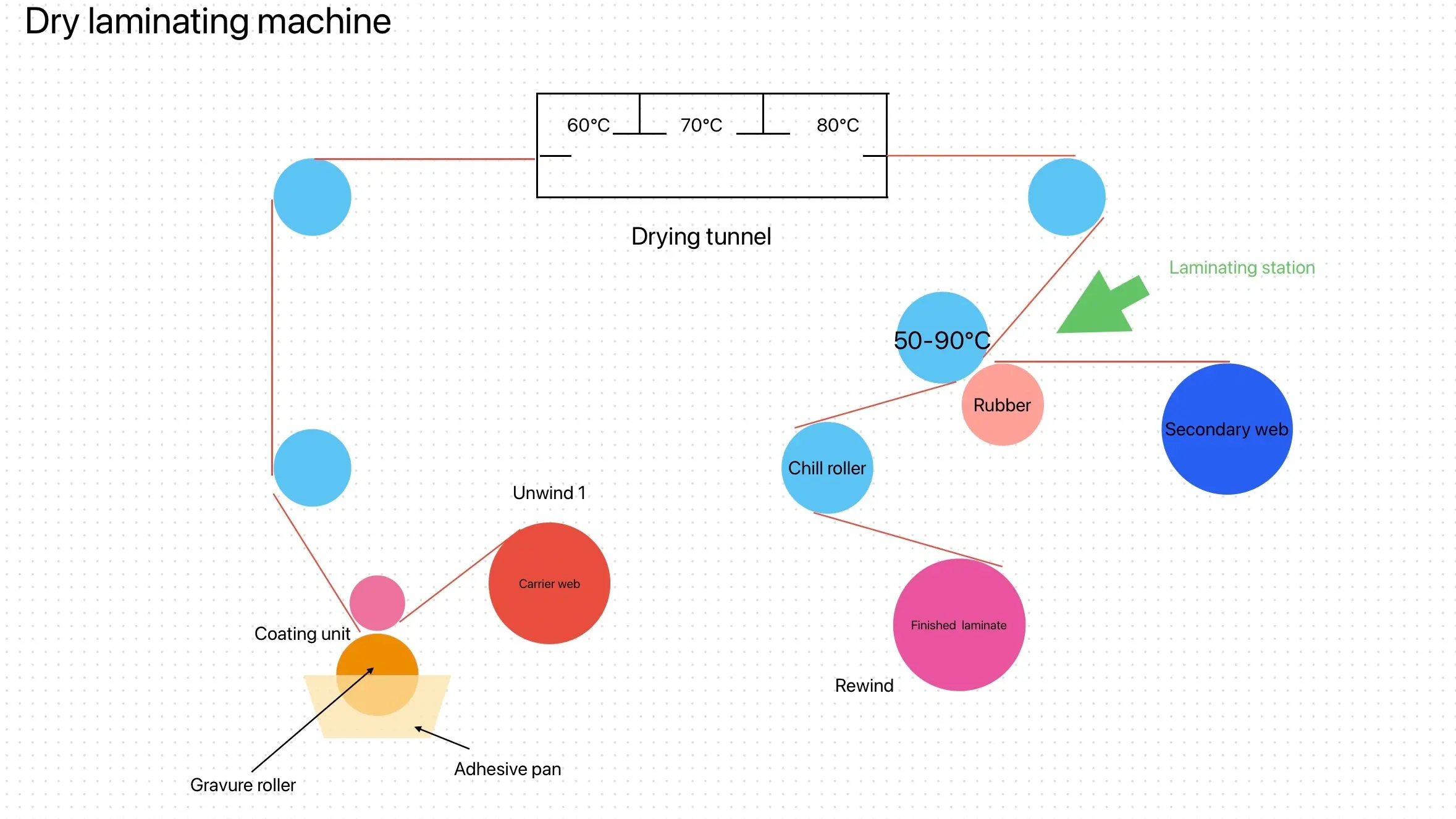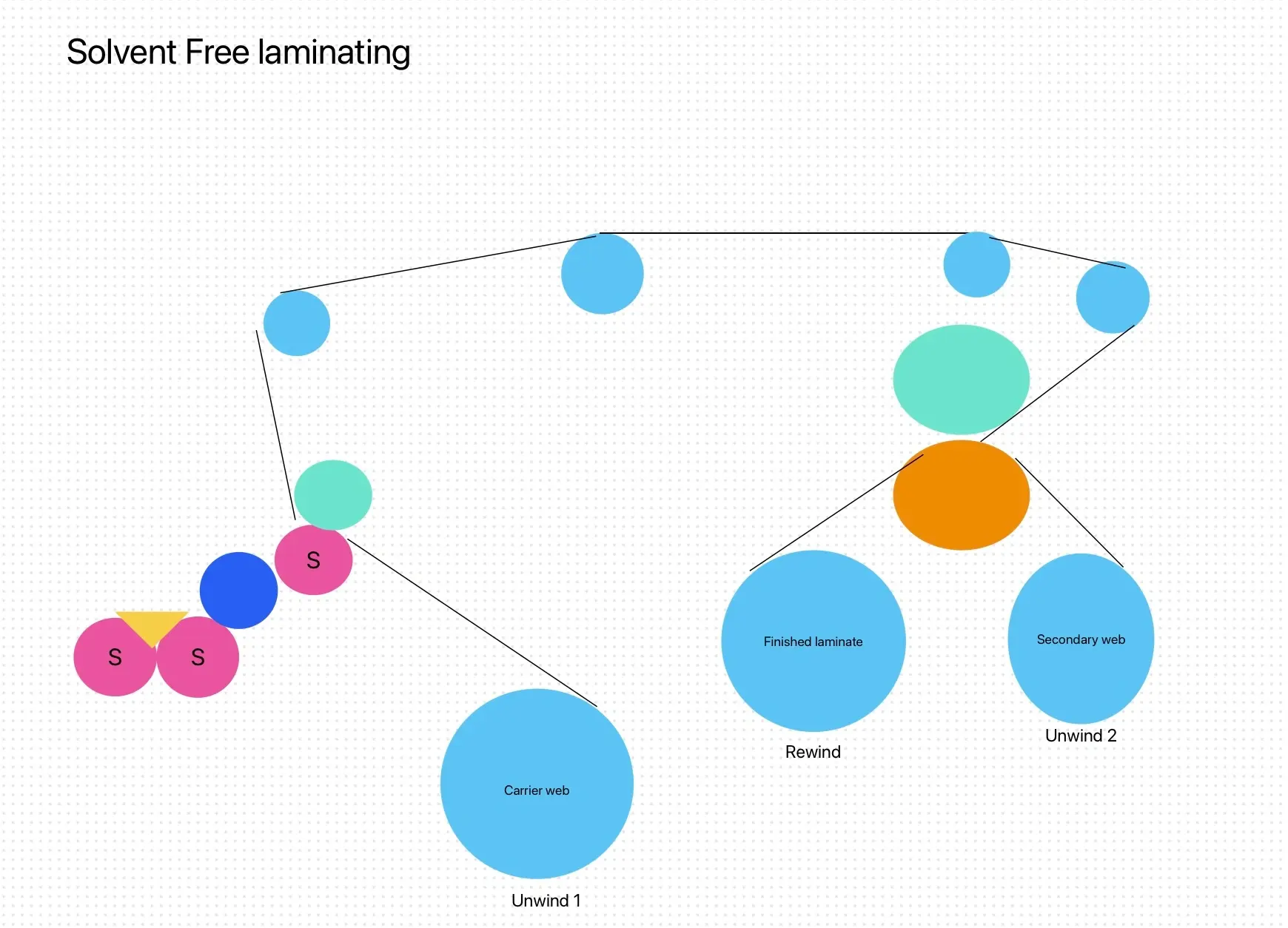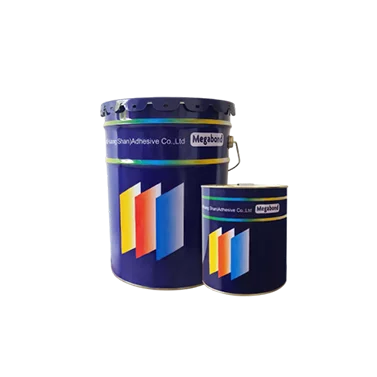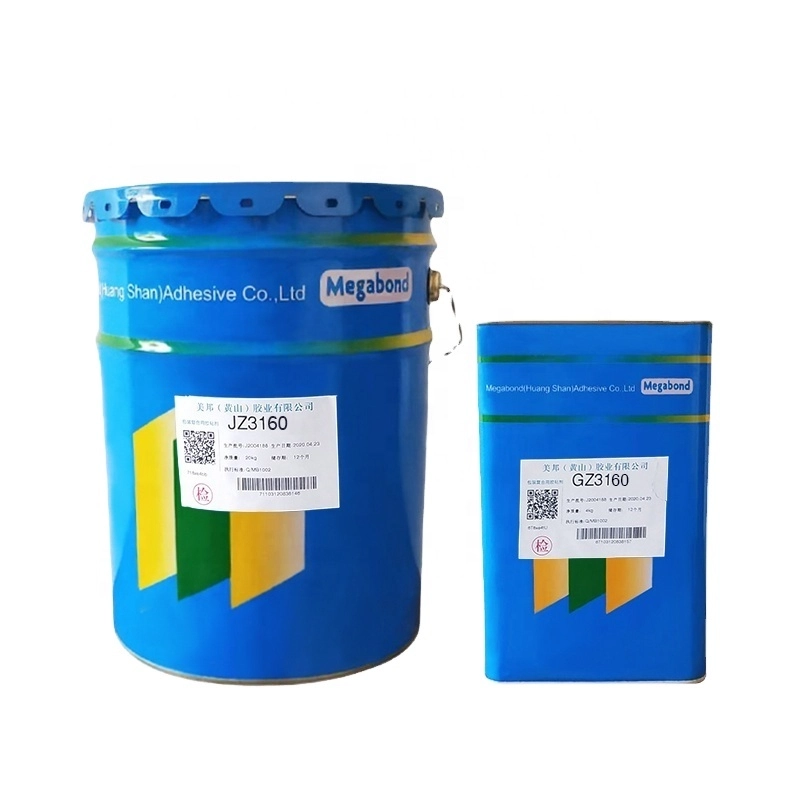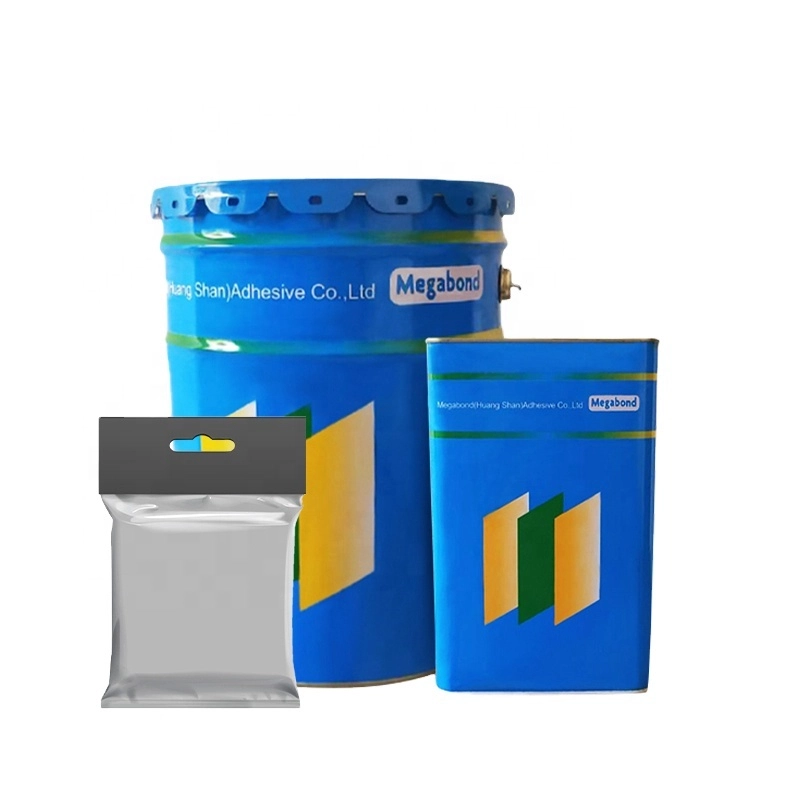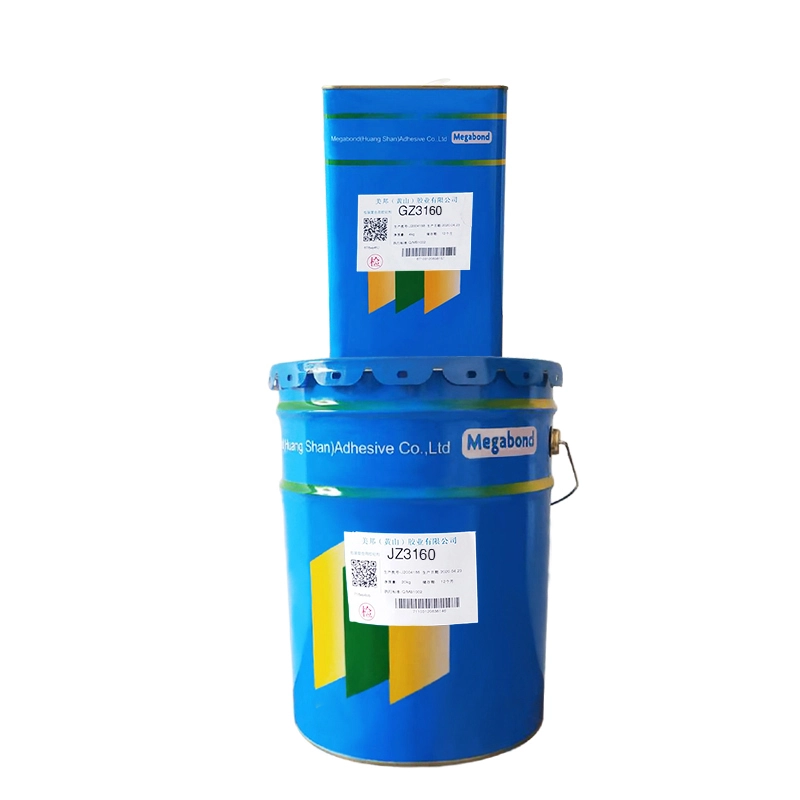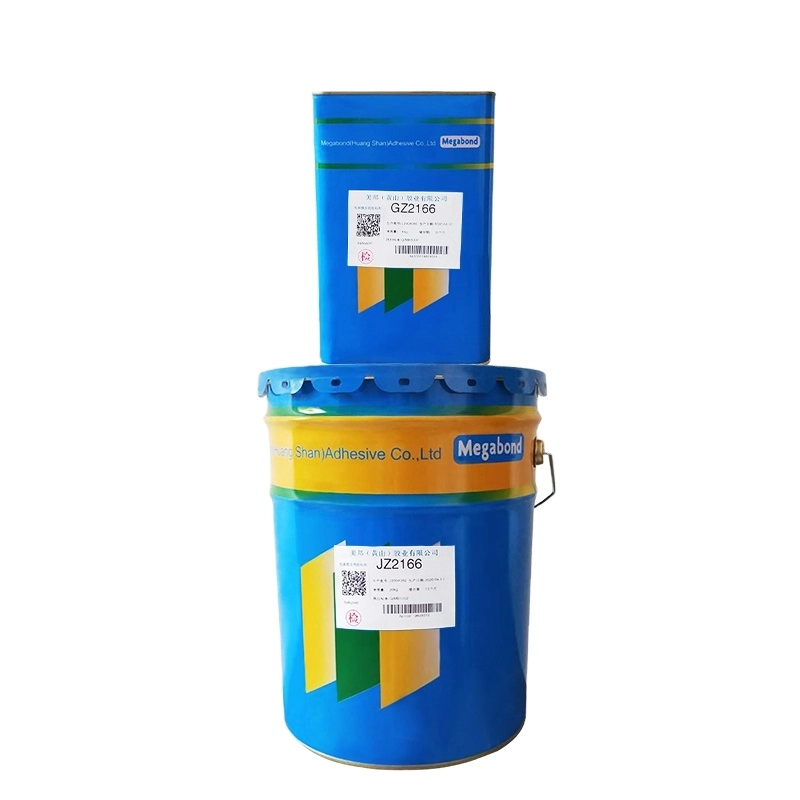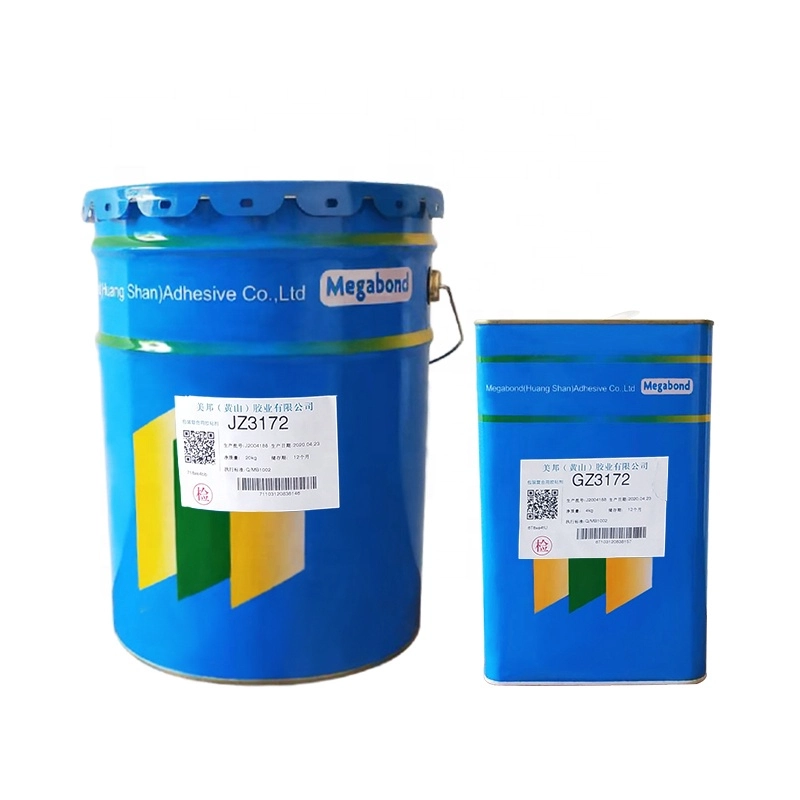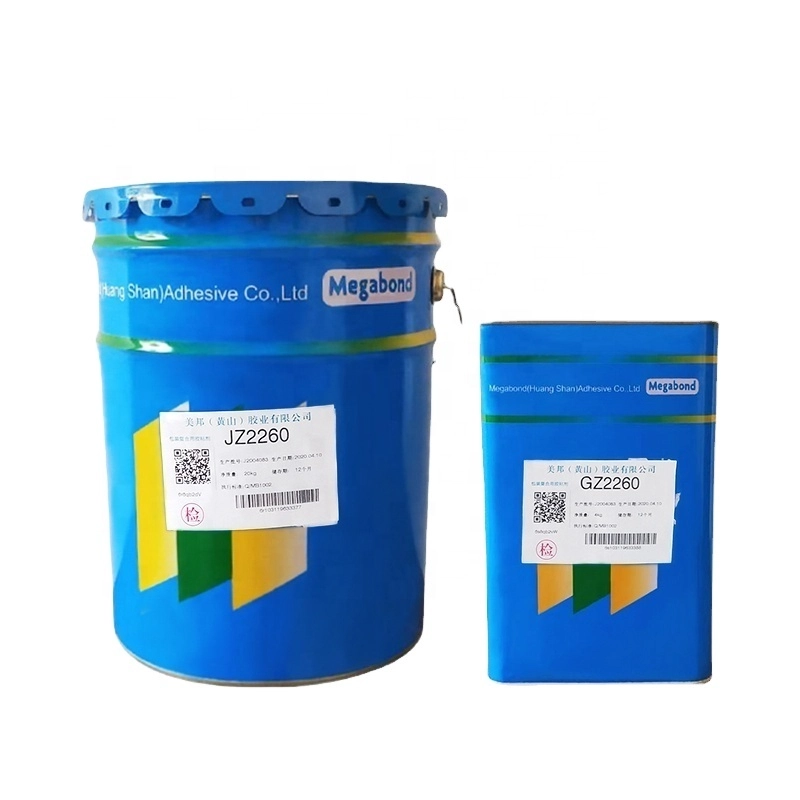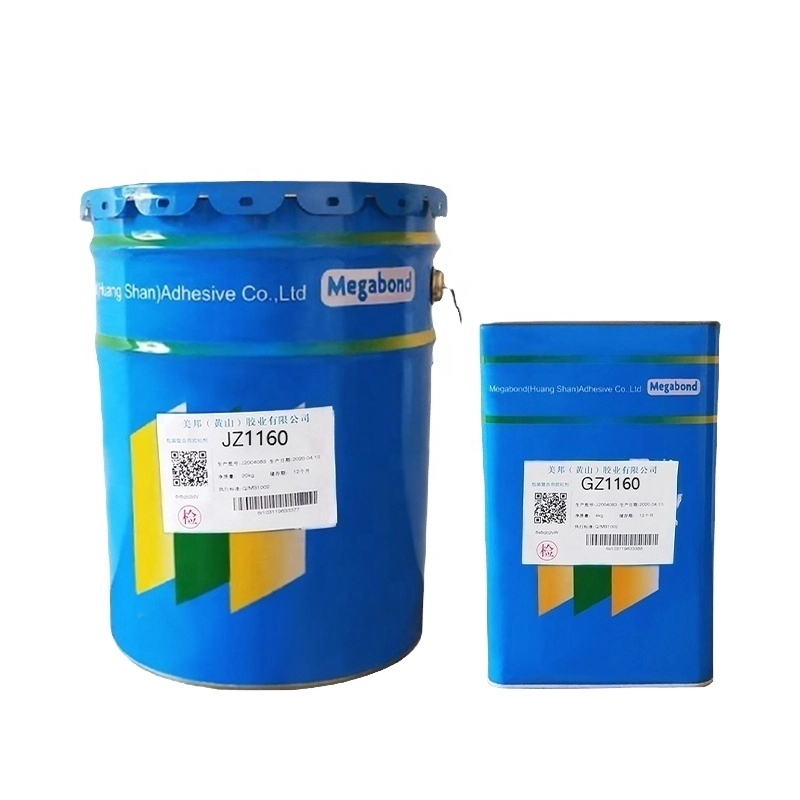Product code JZ3160/GZ3160 denotes a solvent-based two part polyurethane adhesive optimized for laminating a diverse array of materials including PET, BOPP, CPP, PE, and aluminum foil. This adhesive is specifically tailored for use with dry laminating machines operating at different speeds, ensuring versatility and reliable performance across various production requirements and conditions.
The adhesive is a specialized flexible lamination adhesives designed for 121℃/30min aluminum-plastic steaming sterilization processes. It exhibits exceptional efficacy when used with NY/aluminum foil structures, ensuring thorough sterilization and maintaining material integrity. This adhesive offers robust chemical resistance and moderate resistance to environmental factors, making it suitable for applications demanding high performance under stringent conditions.

121℃/30min aluminum-plastic steaming sterilization
- Temperature and Time: The sterilization process involves exposing the materials to steam at a temperature of 121 degrees Celsius (250 degrees Fahrenheit) for a duration of 30 minutes. This combination of high temperature and time is effective in killing a wide range of microorganisms, including bacteria, viruses, and fungi.
- Materials Suitable for Sterilization: This method is particularly suitable for items made of heat-resistant materials such as aluminum and certain types of plastics that can withstand the high temperature without deformation or degradation.
- Sterilization Equipment: Specialized autoclaves or steam sterilizers are used for this purpose. These devices create steam under pressure, ensuring thorough penetration of the sterilizing agent (steam) into all surfaces of the items being sterilized.
- Effectiveness: Steam sterilization at 121℃ for 30 minutes is highly effective and widely recognized for its reliability in achieving sterility. It’s commonly used in healthcare settings for sterilizing surgical instruments, medical devices, laboratory equipment, and certain types of pharmaceutical products.
- Safety and Validation: Proper validation of the sterilization process is essential to ensure that all microorganisms are effectively killed. This involves monitoring and recording parameters such as temperature, pressure, and time to confirm that the sterilization cycle has been successful.

